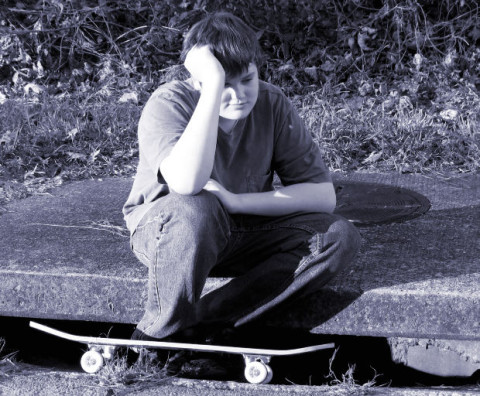I come home from school every day and cry.
I don’t think I’m bossy.
I am a little shy.
The kids at school won’t play with me.
I think I’m nice and caring.
I don’t feel comfortable around the kids at my school.
I like going to the playground, but I don’t play with anyone there.
Kids do not talk to me very much.
I hate my life.
I am 8 years old… “my life sucks!”
It is very difficult for any parent to find out that their young child is not happy with his or her life. Our hearts are broken when we hear comments like those above. We just want our kids to be happy. We also understand the importance of developing healthy relationships, so how can we help our children grow and establish healthy and appropriate social skills?
It is important to identify what may be contributing to or fueling your child’s discontent. There are numerous reasons why children may have difficulty developing friendships. Let’s first remember that friendship skills are acquired, learned over time. These can be taught, practiced and fine tuned. Of course, each child is different. Some children’s personalities are highly introspective and even somewhat introverted. It may seem easy for some to make friends, however, for this personality type, it can often be a daunting task to reach out to and communicate with their peers.
 Others may be more outgoing or extroverted, yet still may struggle with relationships for a variety of reasons. Studies suggest that a child without siblings may have a more difficult time making friends than a child who has siblings. Social relationships are pretty much developed from birth and can be fostered when siblings are involved. These children may, yet not always, have an easier time meeting, playing and getting along with other children.
Others may be more outgoing or extroverted, yet still may struggle with relationships for a variety of reasons. Studies suggest that a child without siblings may have a more difficult time making friends than a child who has siblings. Social relationships are pretty much developed from birth and can be fostered when siblings are involved. These children may, yet not always, have an easier time meeting, playing and getting along with other children.
Even different parenting styles can contribute to how children develop social relationships. The level of parent cooperation, flexibility, structure and discipline all play an important role. How parents themselves get along with each other and socially interact strongly influences how their children approach others. In addition, stressors in the family such as health concerns, death and loss, moving, employment issues, family conflict and separation can significantly interrupt social development.
There is hope! Fortunately many resources, materials and yes… manuals are available. We often hear; “These kids don’t come with a manual”, yet this is simply not true. Most bookstores and libraries carry thousands.
Many parents seeking help will come across many “easy-to-do” steps from these books and internet sources yet find the advice difficult to put into practice. For instance, some “experts” suggest the following:
- Be yourself
- Relax – “Don’t sweat the small stuff”
- Be a good listener
- Give compliments and encouragement
- Join a team/social club
Seeking help from therapists, school counsellors, pastoral counsellors and books are effective ways to help both parents and children learn about social relationships. In counselling, parents and children can explore current relationships, understand themselves and others better (in the social context), and develop a plan to reach the goals they wish to accomplish (e.g. improving confidence, learning communication, problem-solving and assertiveness skills).
Parents can also receive coaching to help them develop strategies to increase self esteem, competence and confidence at home.
If you find your child struggling to get along with others and are uncertain how to help, remember this is common as we tend to get very little formal training in parenting. While many find books and other media resources helpful, these may not be sufficient for the specific issues you have. Don’t wait. Get proactive and find the right solutions that work for you and your child.
Research counsellors experience, expertise and qualifications. Then find one that you and your child feel comfortable with. To book a consultation and assessment with professional relationship coach call us today .
Recent Comments